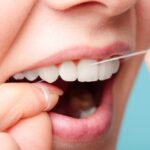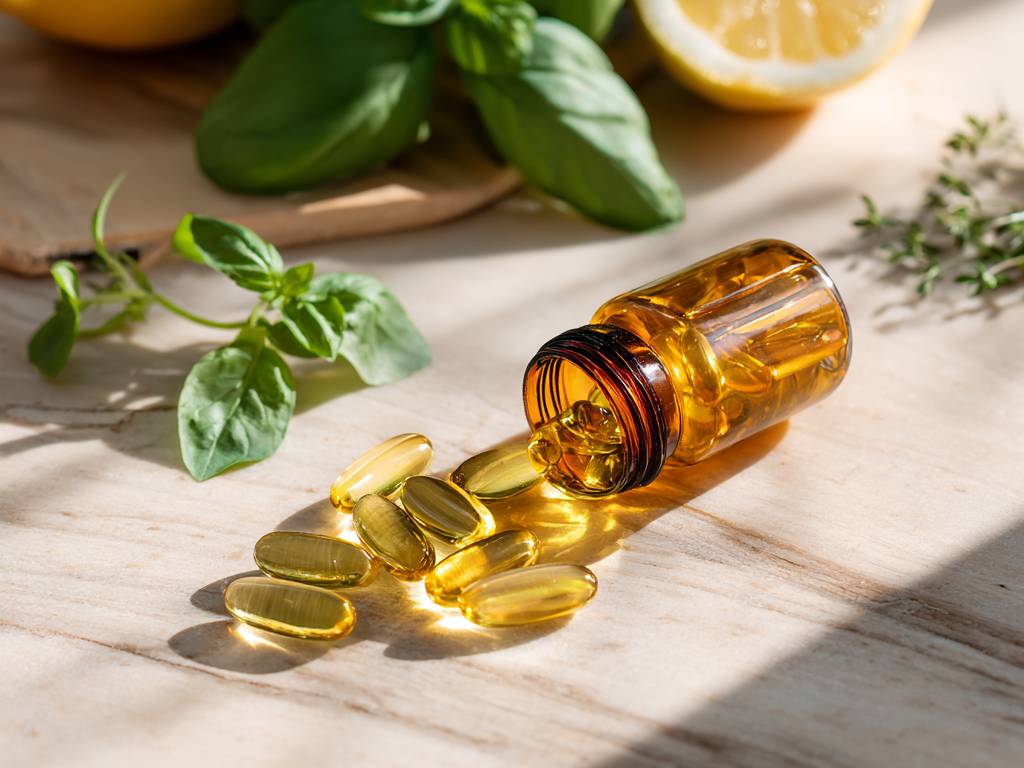You’ve probably seen Vitamin D3 on just about every supplement shelf—and for good reason.
It’s one of the most important vitamins your body needs, but also one of the most common deficiencies people face, especially if you’re not getting enough sun.
So, what’s the best way to get it? More and more health professionals recommend a vitamin D3 soft gel over other forms, and in this post, we’re going to explore exactly why.
Why Vitamin D3 Is So Important
Vitamin D3 (cholecalciferol) plays a key role in:
- Supporting the immune system
- Helping the body absorb calcium and phosphorus
- Regulating mood and cognitive function
- Strengthening bones and teeth
- Promoting restful sleep and a healthy inflammation response
From kids with sensory sensitivities to adults battling chronic fatigue or autoimmune conditions, getting enough D3 is non-negotiable. Unfortunately, many of us simply aren’t getting enough from food or sunlight alone.
Sunlight triggers vitamin D production in the skin, but modern life—indoor work, sunscreen use, air pollution, and long winters—makes it harder than ever to get enough naturally. That’s why a well-formulated supplement, especially in soft gel form, can be a game-changer for your health.
Signs You Might Be Deficient in D3
You might be running low on D3 and not even know it. Some common symptoms of deficiency include:
- Constant tiredness or low energy
- Frequent colds or infections
- Muscle weakness or bone aches
- Mood swings or low mood
- Trouble sleeping or feeling rested
Other signs might include slow wound healing, hair loss, or chronic pain that doesn’t have a clear cause. While these symptoms can overlap with other conditions, low D3 is often a silent contributor.
Getting your vitamin D levels tested is the most reliable way to know for sure, but if these signs sound familiar, a supplement might be a smart move.
Why Soft Gels Work Better Than Tablets or Powders
Not all supplements are created equal. When it comes to vitamin D3, soft gels are often the most efficient and reliable delivery method. Here’s why:
-
Better Absorption
Vitamin D is fat-soluble, meaning it’s best absorbed when taken with dietary fat. Soft gels usually come suspended in oil (like MCT or olive oil), which helps your body absorb them more effectively.
Some studies suggest that oil-based D3 supplements can increase serum vitamin D levels more significantly than dry forms like tablets or powders, especially in individuals with digestive issues or fat malabsorption.
-
Gentle on the Gut
Some tablets and powders can be hard on sensitive stomachs. They often contain binders or fillers that may trigger discomfort or bloating, particularly for individuals with gut issues like IBS, IBD, or leaky gut. Soft gels tend to be easier to digest, making them ideal for kids or individuals with GI issues.
-
Easy to Swallow
Let’s face it—chalky tablets aren’t for everyone. Soft gels are smooth, small, and easy to take daily without dread. This is especially important when consistency is key, as is the case with vitamin D3, which should be taken regularly to maintain optimal blood levels.
What to Look For in a High-Quality Vitamin D3 Soft Gel
When choosing a supplement, don’t just look at the dose—check the details:
- Form: Look for Vitamin D3 (cholecalciferol), not D2.
- Carrier Oil: MCT oil or extra virgin olive oil is ideal.
- Clean Formula: Non-GMO, soy-free, gluten-free, dairy-free.
- Third-Party Tested: Always choose a supplement that’s been independently tested for purity and potency.
A supplement’s effectiveness depends not only on what’s inside but also on what’s left out. Many commercial brands use synthetic fillers, artificial dyes, or hidden allergens. At True Healing Naturals, we prioritize clean, bioavailable formulas that work with the body, not against it.
Also, consider if your D3 supplement pairs well with other fat-soluble vitamins—some high-quality products will combine D3 with K2, which supports calcium metabolism and bone health.
How Much Vitamin D3 Do You Need?
Needs vary depending on age, health status, and lifestyle. Here’s a rough idea:
- Kids: 400–1,000 IU daily (depending on age and sun exposure)
- Adults: 1,000–2,000 IU daily for maintenance
- People with immune challenges or low blood levels: 5,000 IU+ (under medical supervision)
Factors like skin tone, where you live, your body weight, and even genetics can influence how much vitamin D your body needs. For instance, people with darker skin tones may need more sunlight to synthesize the same amount of vitamin D as someone with lighter skin.
Supplementing consistently is more important than megadosing occasionally. And if you’re unsure, a simple 25(OH)D blood test can guide your dose.
Always check with a practitioner before starting higher doses.
Final Thoughts: Small Soft Gel, Big Impact
In the world of supplements, vitamin D3 soft gels might seem simple, but their benefits run deep. They’re easier to take, better absorbed, and ideal for people who truly want to support their health from the inside out.
Whether you’re managing a chronic condition, supporting your child’s development, or just want to feel more energized and resilient, vitamin D3 is a great place to start.
If you’re already taking a multivitamin or other immune-support supplements, a separate vitamin D3 soft gel can round out your routine without adding stress to your body or schedule. Just one tiny soft gel a day could be the missing link in your wellness puzzle.
Explore our trusted, clean-label Vitamin D3 soft gel at True Healing Naturals—because better health starts with better choices.
- Top Reasons to Choose a Vitamin D3 Soft Gel for Everyday Health
- Discover why vitamin D3 soft gels are better for absorption, immune support, and daily wellness. Clean, gentle, and effective. Learn more now.
- Health and Wellness, Vitamin D3 Soft Gel
Related posts:
 Best Topical Finasteride & Minoxidil Spray for Hair Regrowth
Best Topical Finasteride & Minoxidil Spray for Hair Regrowth
 What Are the Key Considerations Before Getting Filler Injections?
What Are the Key Considerations Before Getting Filler Injections?
 Dr. Kami Hoss Gives Out the Truth About Brushing & Flossing-Protecting Your Teeth
Dr. Kami Hoss Gives Out the Truth About Brushing & Flossing-Protecting Your Teeth
 Can Atrial Fibrillation Be Cured? Latest Research & Insights
Can Atrial Fibrillation Be Cured? Latest Research & Insights
 Expert Lung Care in Jaipur: Why You Shouldn’t Ignore Breathing Issues
Expert Lung Care in Jaipur: Why You Shouldn’t Ignore Breathing Issues
 Control Fasting Blood Sugar with Confidence – Get Glycomet Online Today
Control Fasting Blood Sugar with Confidence – Get Glycomet Online Today
 Effective Weight Loss Clinic Killeen: Your Path to Lasting Results
Effective Weight Loss Clinic Killeen: Your Path to Lasting Results
 Recovery and Aftercare Tips for Gynecomastia Patients in Dubai
Recovery and Aftercare Tips for Gynecomastia Patients in Dubai







